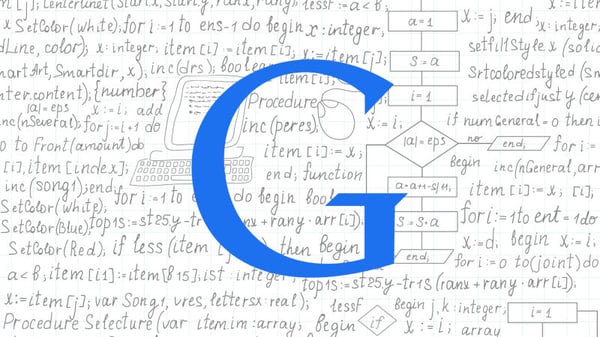Don’t Be Fooled! Remember, Google Personalizes Your Search Results


You sit down at your computer, pull up Google, type in a search request, and you are rewarded with results that fit just what you need. There are probably several sites that are familiar to you. It seems that Google has tailored itself just to you and to fit your needs.
In a way, that is exactly what they’ve done.
Google personalizes your search results. It learns what sites you visit and learns your Internet habits then gives you search returns that are customized to that information – customized just for you – and it’s giving Denver SEO experts a bit of a headache.
When did it start?
You might not realize it – or remember it – but this practice is not new. It has actually been going on for a while, many people have just forgotten about it or gotten used to it. Google rolled out this update on December 4, 2009. It was done with the intent to increase user experience and marketing effectiveness. It seems to be working.
How does it work?
It probably isn’t great dinner conversation, in fact, this whole process involves a complex algorithm that is probably best explained through Google’s website. The short, short version is that Google watches what you click on and they use that information to learn what your favorite webpages are and learn about your Internet habits. It then takes that data and boosts certain things in your SERP based on your search history. What you see when you type in a term like “whatnots” will not necessarily be the same results that your friend may receive then they type in the same term.
How to avoid it?
So if you have figured out by now that this can be a challenge for SEO experts, you’re right. As a user, though, you can avoid it. If you are signed in to Google when you search you will get the custom search results. However, sign out of Google and you get a more organic return. You can also clear out your history and adjust your setting under Google search to “pause.” Going incognito does not prevent it so your best bet is to get delete all of your history.
Why do they do it?
Well, the first thing you should understand is that Google is not trying to spy on you. According to their website, their goal is to increase user experience and increase the accuracy of the ad platforms. They want to provide you with better, more relevant searches to better meet your personal needs.
Why is it important for SEMs and SEOs to know this?
As an SEO or SEM, avoiding personalization is key. If you work for an SEO company your goal is to make sure your material is as close to the opposite end of the personalization spectrum as possible. When you are working on client account, it is imperative that you remain impartial to data. This is accomplished through competitive research.
So, no, Google is not psychic and it isn’t spying on you. Google is just, well, being Google. It is trying to stay ahead of the game and give its users the best experience possible.

October 8, 2015
